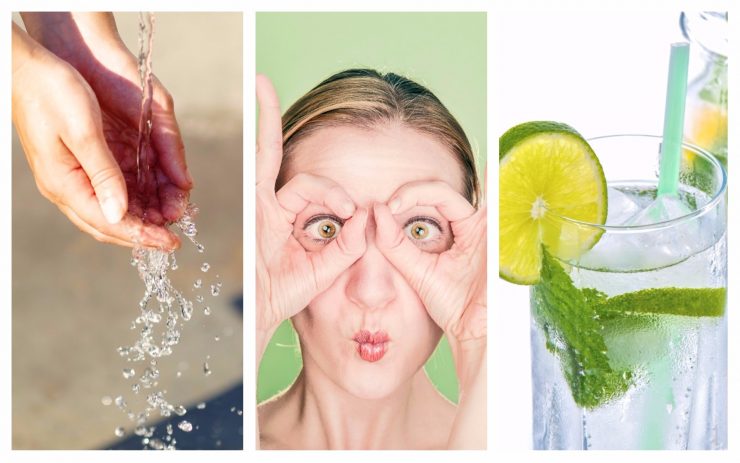Our skin is the body’s largest organ, our first line of defense, and plays a huge role in how we identify and present ourselves to the world. Is it surprising that there are so many products out there that are designed to “revitalize” and “restore” your skin to its youthful radiance?
Most people don’t realize that maintaining healthy and younger-looking skin might be as easy as changing a few bad habits. Read on to discover what you may be doing to damage your skin and what changes you should make to help restore your skin to its healthy glow.
1. There Is Such A Thing As Too Clean
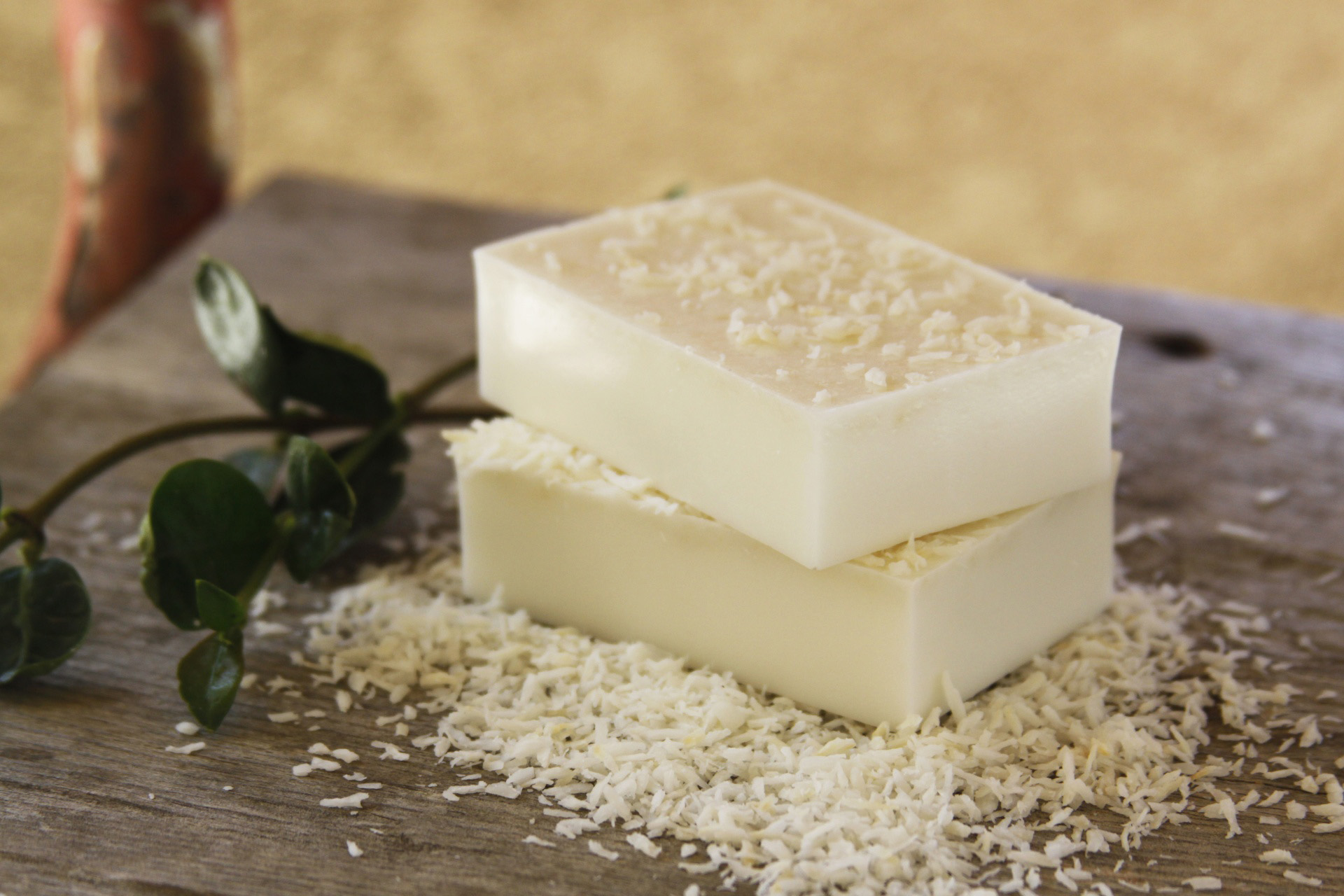
Most of us already know that going to bed with makeup on is a bad idea, but did you know that washing your face too often can be harmful as well? Cleansing your face too often with harsh soap in order to get that squeaky clean feel can strip your skin of its natural oils and actually accentuate fine lines.
Check the next tip for a better alternative.
2. Wash Once A Day

Dermatologists say that unless you have a skin condition like acne or excessively oily skin, you only need to wash your face once a day, in the evening right before going to bed. Use a gentle, non-abrasive cleanser that does not contain alcohol, wet your face with lukewarm water, then apply cleanser using your fingertips, then rinse with lukewarm water, and pat dry with a soft towel.
3. Take Care Of Your Eyes
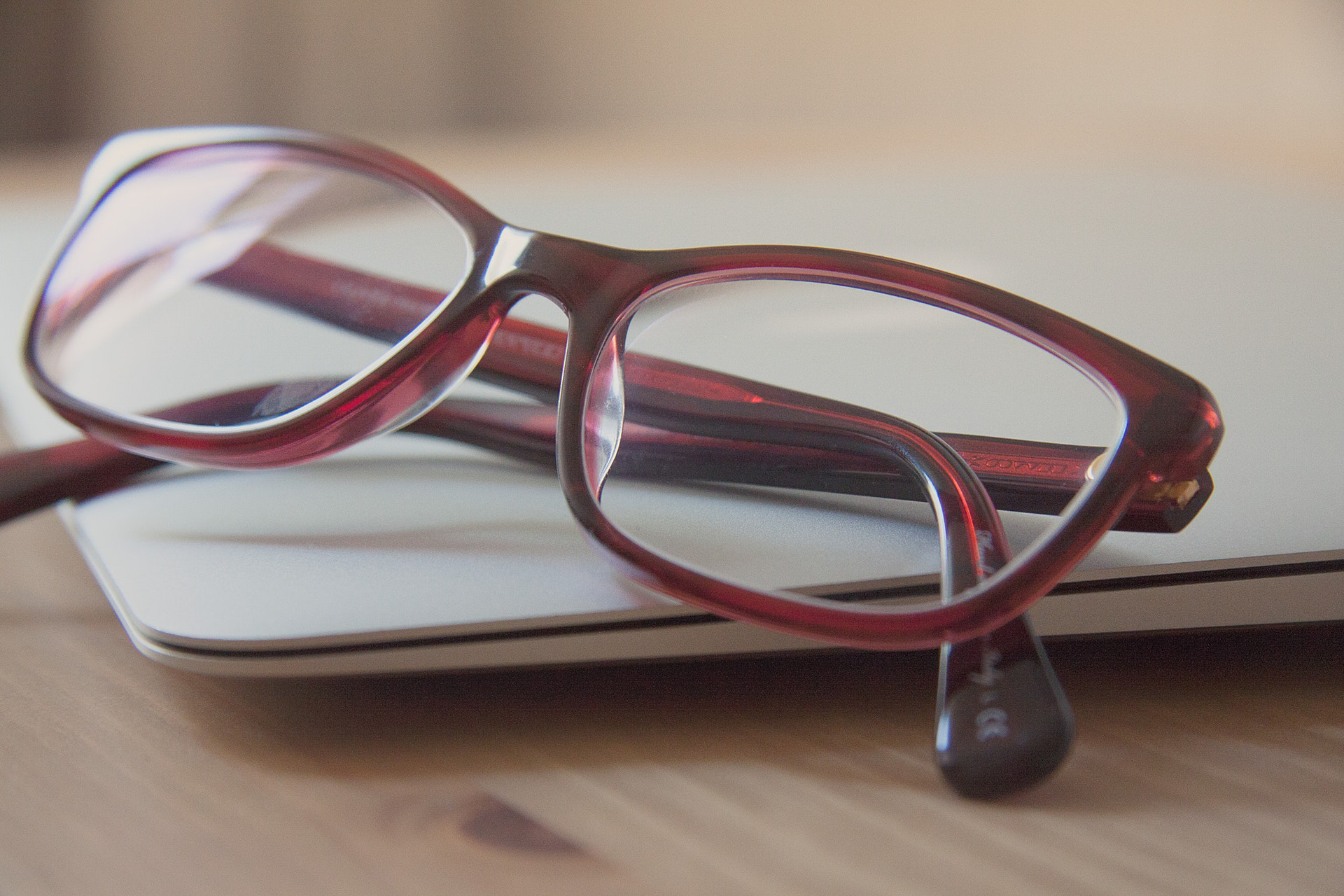
It makes sense when you stop and think about it. Making facial expressions is a little like a workout for our facial muscles. If you spend most of your time squinting, whether from the sun or from poor eyesight, the muscles around your eyes become tighter and less able to relax, causing the overlying skin to wrinkle.
Check the next tip to see what you can do to reduce those crows feet.
4. Wear The Glasses
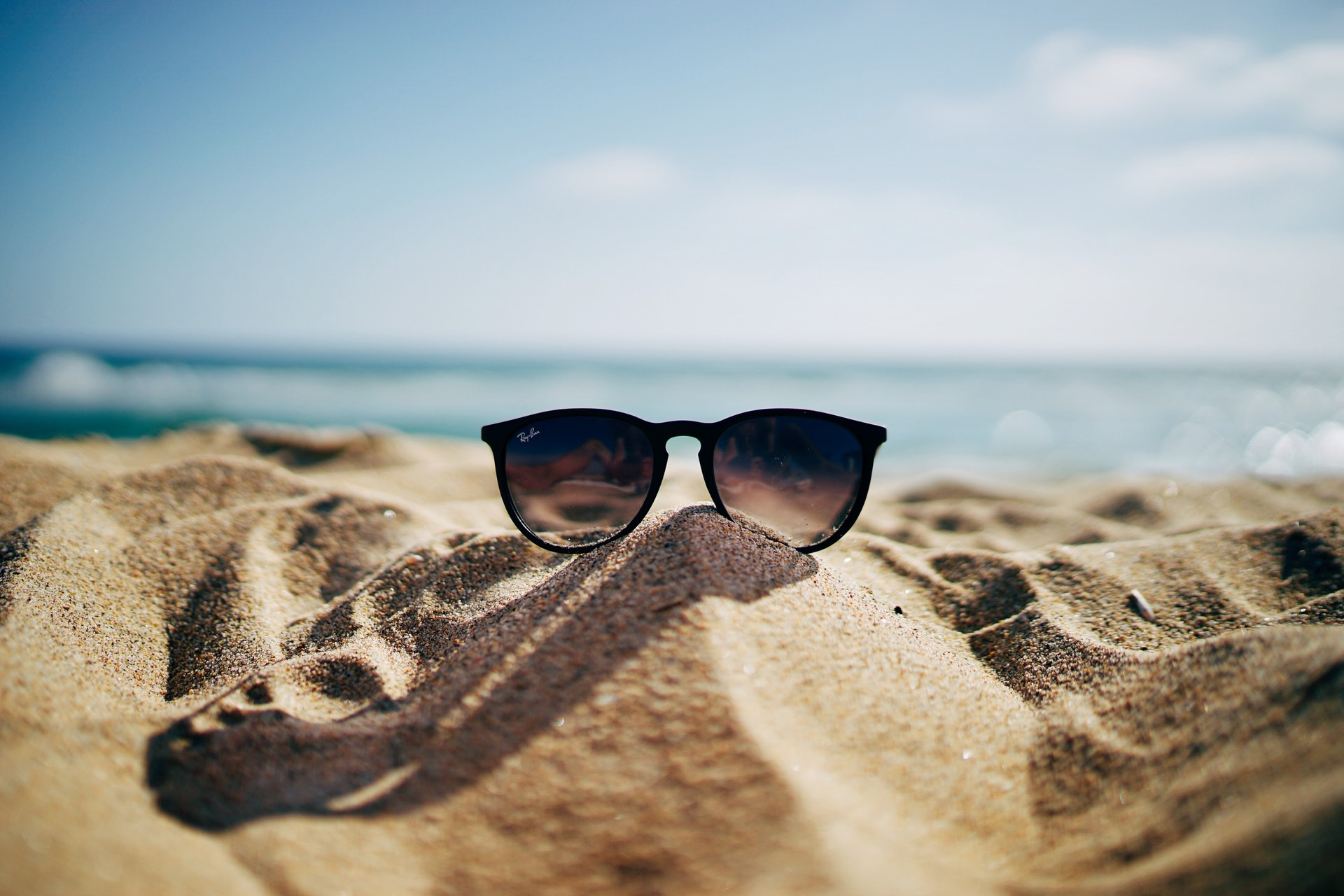
Make sure to keep up with your annual eye exams, even if you don’t think your prescription has changed that much. Most of the time you won’t even notice that you’re squinting or furrowing your brow to try and bring things into focus. If you’re going to be out in the sun, be sure to wear shades that filter UV rays.
5. Stress

Stress affects your whole body, and your skin is no exception. Stress causes a chemical response in your body that makes skin more sensitive and reactive. It can also make it harder for skin problems to heal. Stress also causes your body to make hormones like cortisol, which tells glands in your skin to make more oil. Oily skin is more prone to acne and other skin problems.
Read on for some suggestions on how to reduce the toll stress takes on your skin.
6. Relax, Man
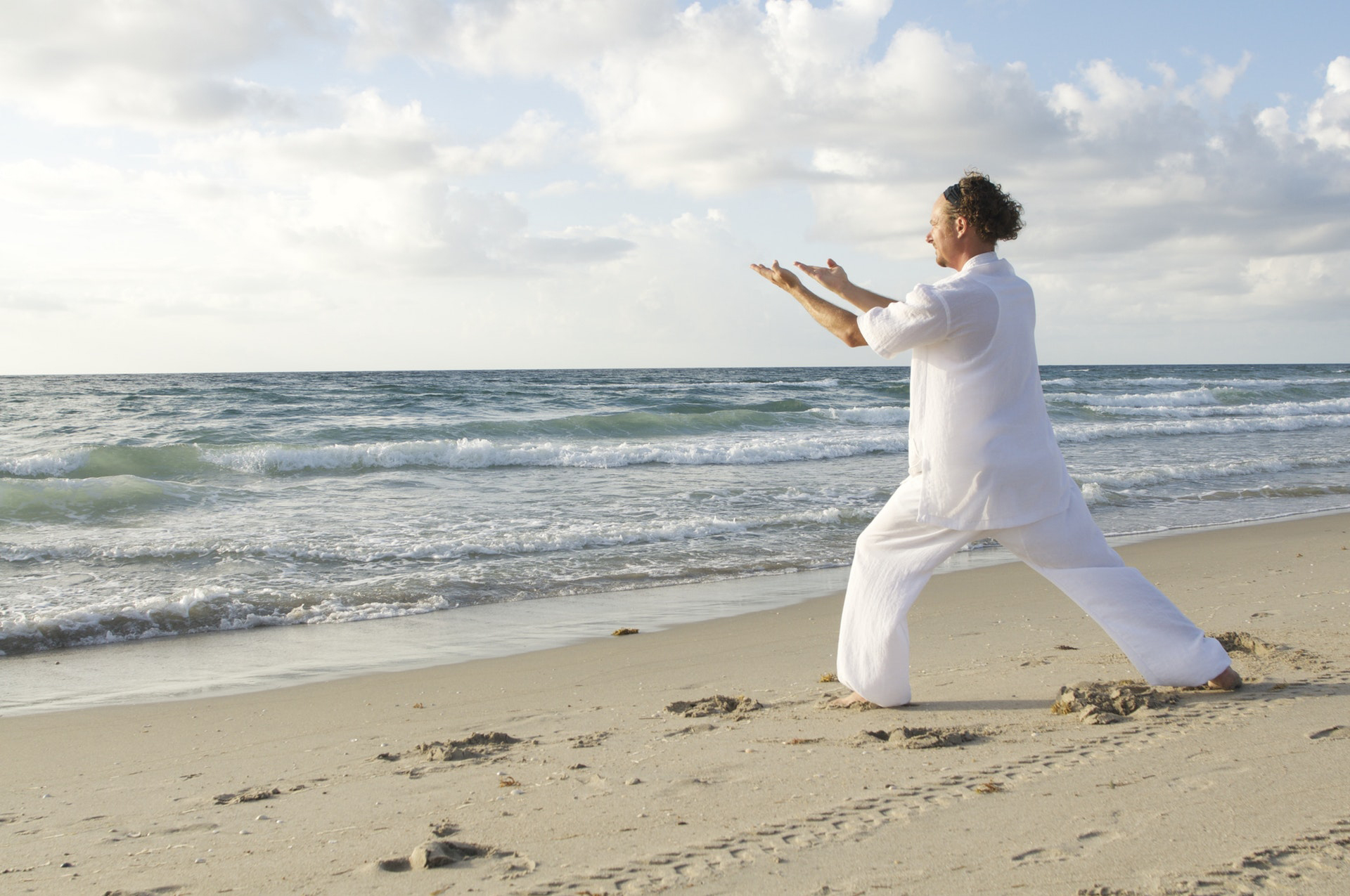
While it’s highly unlikely that you’re going to be able to avoid stress completely, there are ways that you can minimize the effect it has on your body. Practice stress management techniques, such as breathing exercises, yoga, meditation, or visual imagery. Take time for yourself to do something you enjoy, even if you only have 10 minutes.
7. Moisturize Me
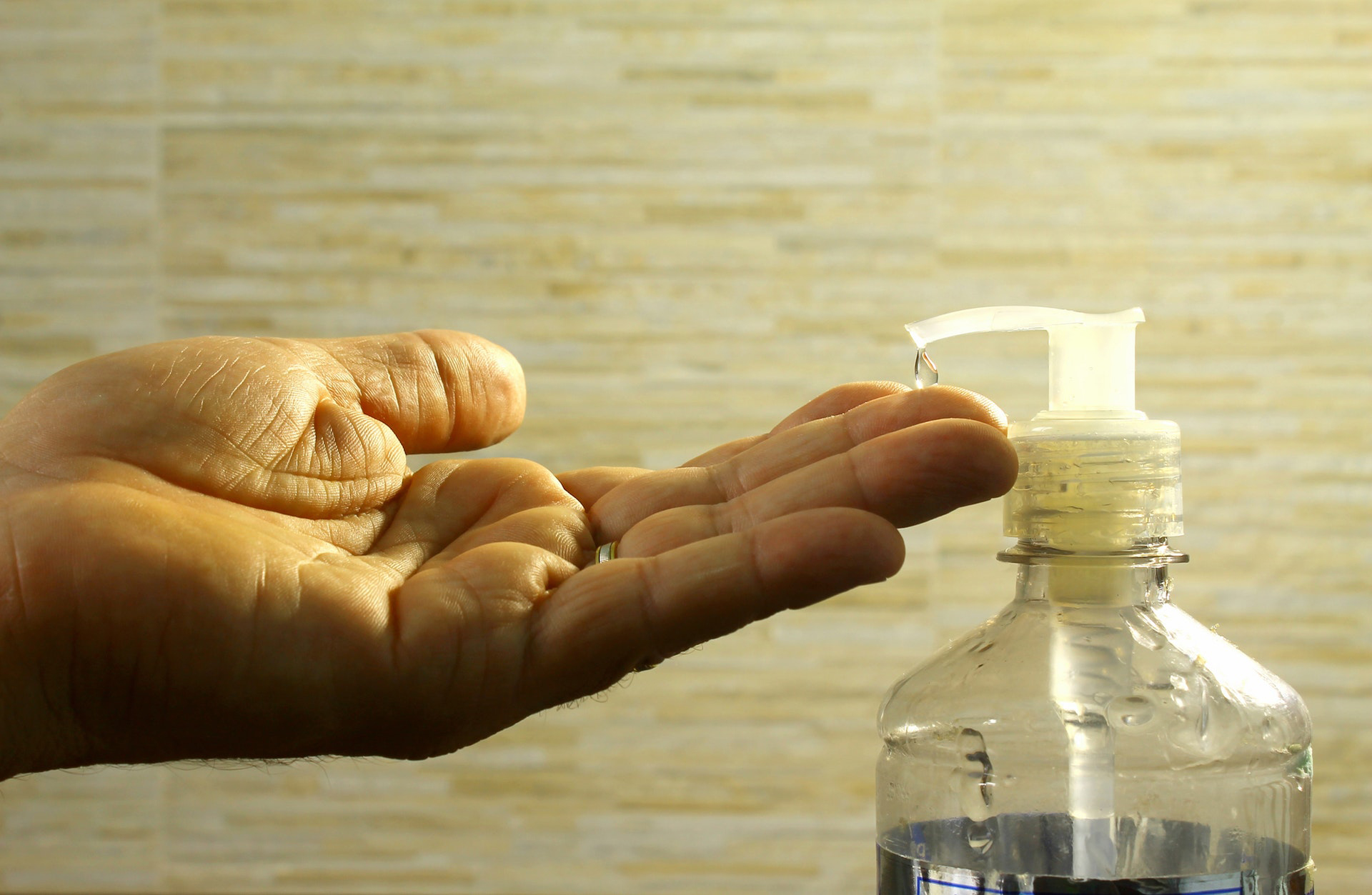
We all know that moisturizing is important for healthy and beautiful skin. It protects the skin from the weather and from drying out and looking dull. It even helps maintain your skin’s natural moisture levels by sealing in the water already in the skin or by slowly releasing moisture into the skin. But to enjoy the benefits of moisturizers, it is important to apply the moisturizer at the right time.
When is the right time to moisturize? Read on to find out.
8. When To Moisturize
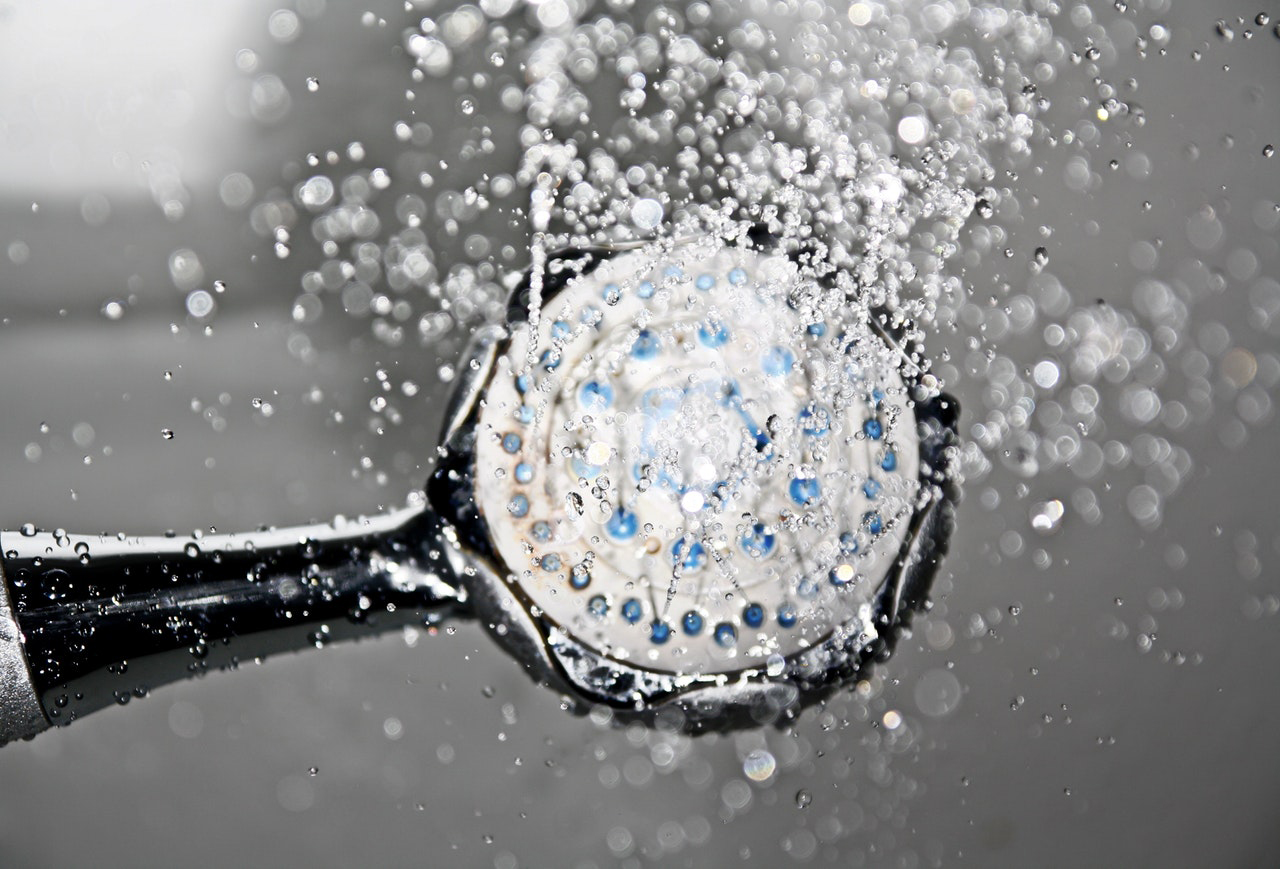
The American Academy of Dermatology suggests that to capture the most amount of moisture from your bath or shower, apply a moisturizer within three minutes of bathing. When you come out of the shower or bath and pat dry your skin, the skin pores are still open. So applying moisturizer at this time helps it penetrate deep inside the skin. It even traps water in the skin by preventing it from evaporating.
9. Smoking Is A No No
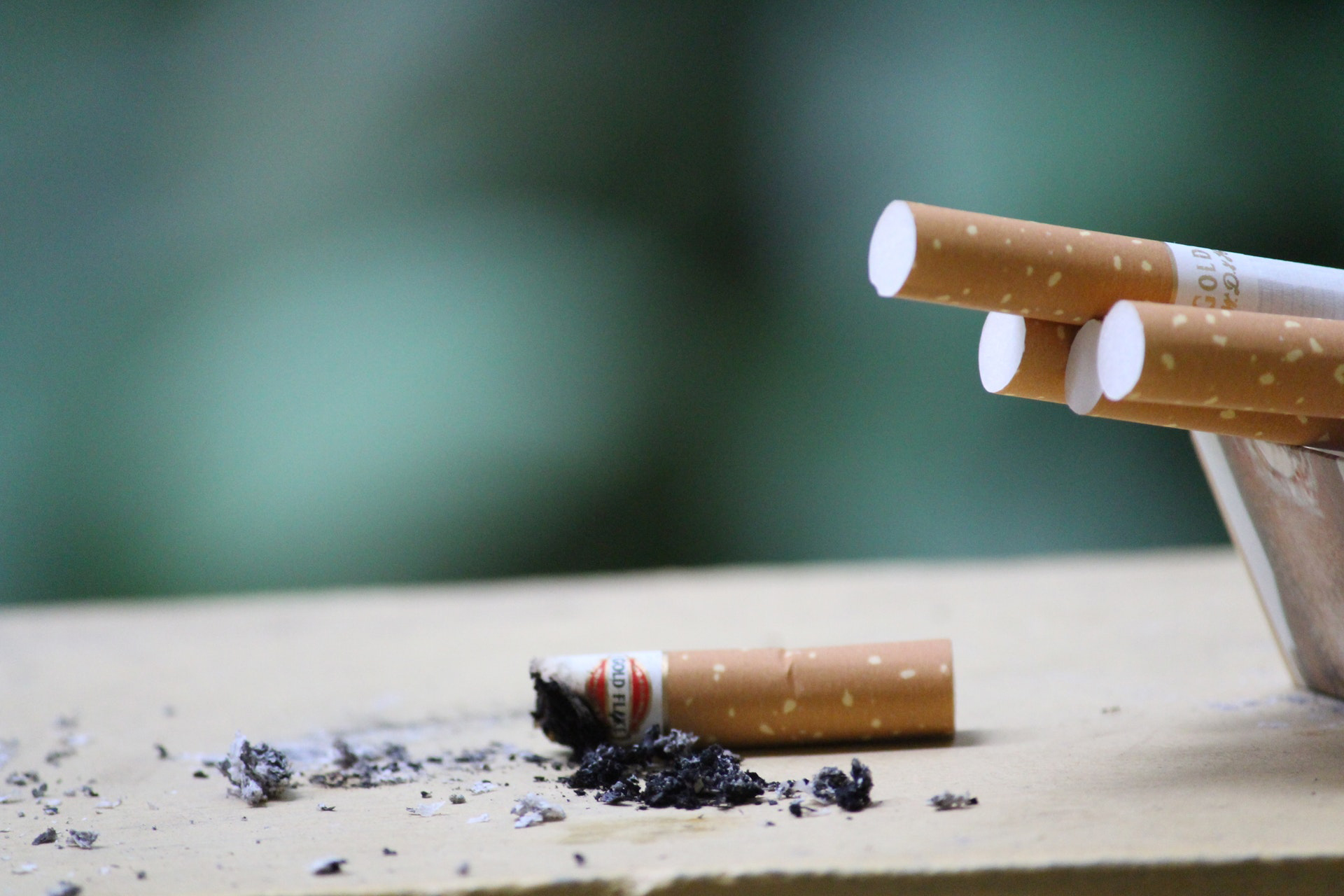
It should really come as no surprise that smoking is bad for your skin. Smoking can damage the outer layer of the skin, leading to a dull, wasted appearance. In addition, smoking reduces the amount of blood flowing to the skin by constricting blood vessels, which in turn depletes the skin of oxygen and essential nutrients.
10. No Smoking Please
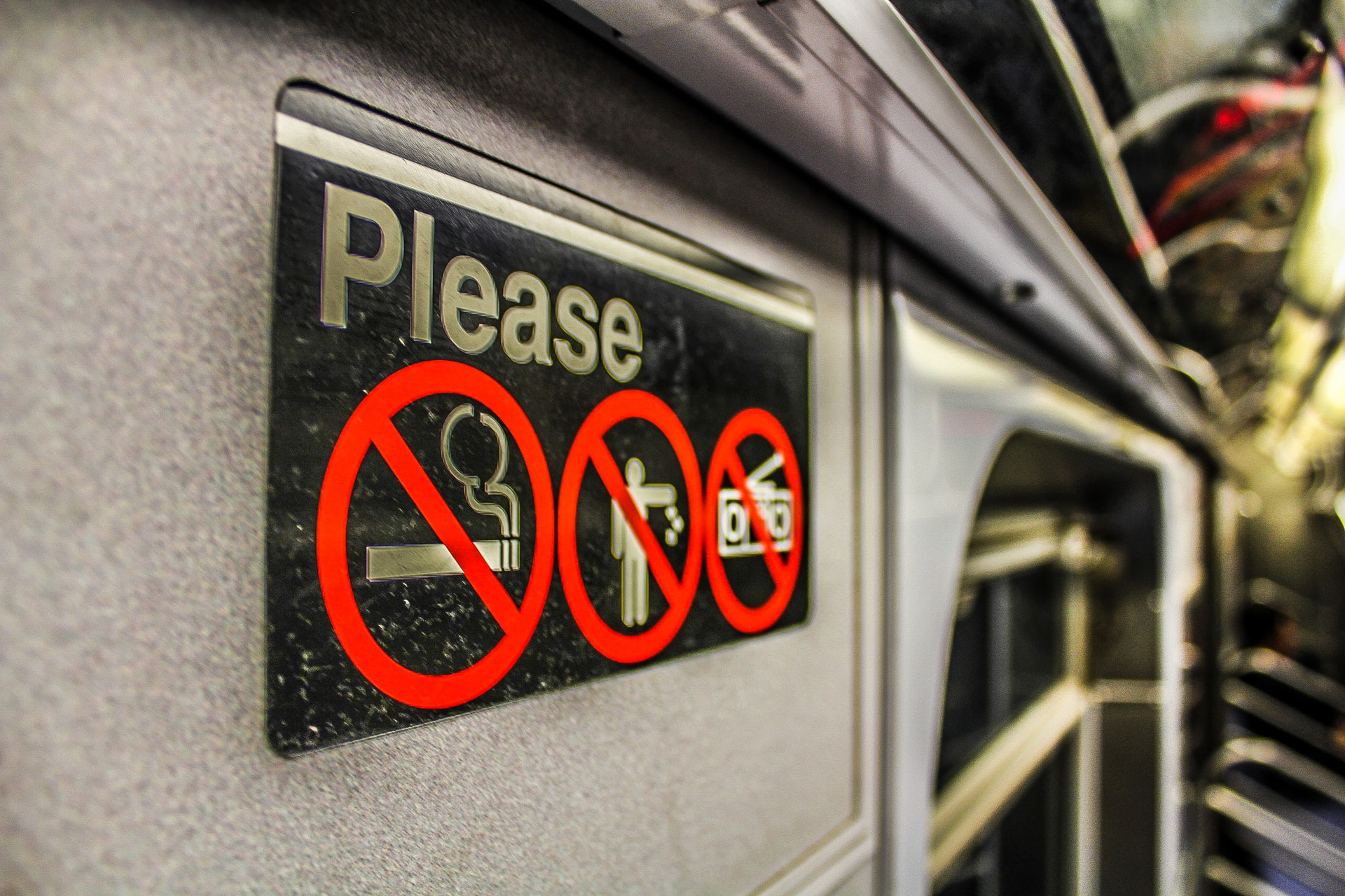
Smoking can even lead to an increased production of an enzyme that breaks down collagen in the skin and causes it to sag. Even exposure to secondhand smoke released into the environment from smoking tobacco dries the skin’s surface and can lead to skin damage, so it’s best to try and avoid them all together.
11. Poor Diet
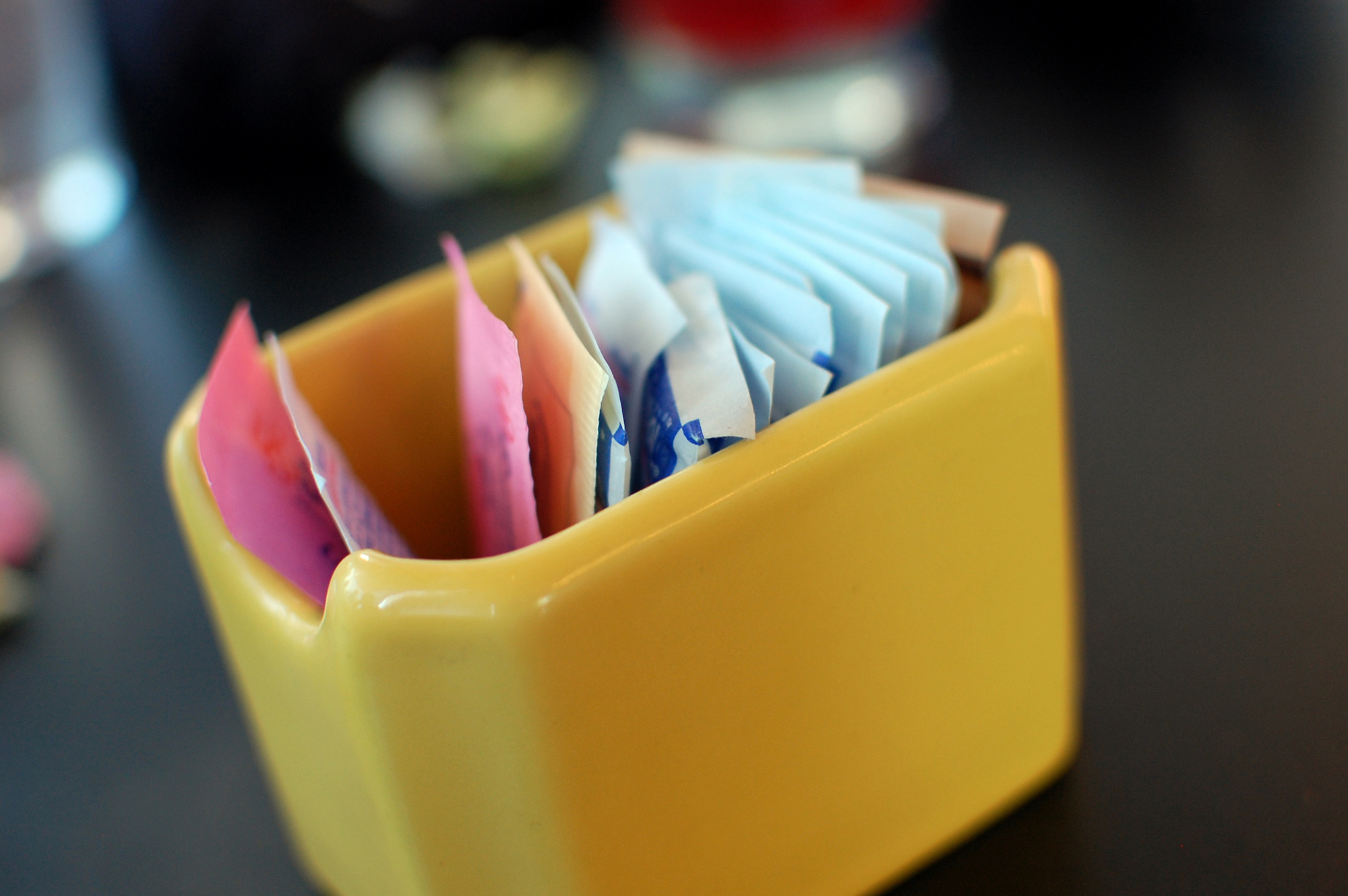
Your diet plays a huge role in how healthy your skin looks. What you don’t eat is as important as what you do eat. Many people tend to cut out fat in an effort to control their weight, but it’s important to have some fat in your diet. Things like sugar, salt, and artificial sweeteners can also hasten the degradation of elastin and collagen, both key skin proteins.
Check the next one for some tips on how a well-balanced diet can help keep your skin looking fresh.
12. Eat A Well Balanced Diet

A 2012 study found that increased fruit and vegetable consumption confers measurable and perceptibly beneficial effects on Caucasian skin appearance within six weeks. That’s because fruits and vegetables are rich in antioxidants that can help protect your skin from damage. Try to eat at least five servings of fruits and vegetables a day.
13. Get Your Zzz’s

Sleep is essential for healthy skin. Since even losing one night’s sleep can lead to bags under the eyes, just imagine how multiple sleepless nights affect your skin appearance. During deep sleep, our bodies renew our skin by digesting dead cells and regenerating new ones. When someone has a prolonged lack of sleep, this rejuvenation doesn’t get done, and the skin begins to look dull and lifeless as a result.
Read on to find out which sleeping position is best for your skin.
14. Get Enough Sleep

Experts recommend that you try to get at least seven hours of sleep a night. Even the way you sleep can have a huge effect on your skin appearance. Sleeping on your stomach with your face buried into your pillow can cause dark circles, puffiness, and lines around your eyes. This sleeping posture can also cause the blood vessels to become constricted and result in poor blood circulation. Try to train yourself to sleep on your back and to keep your head on the pillow.
15. Unnecessary Roughness
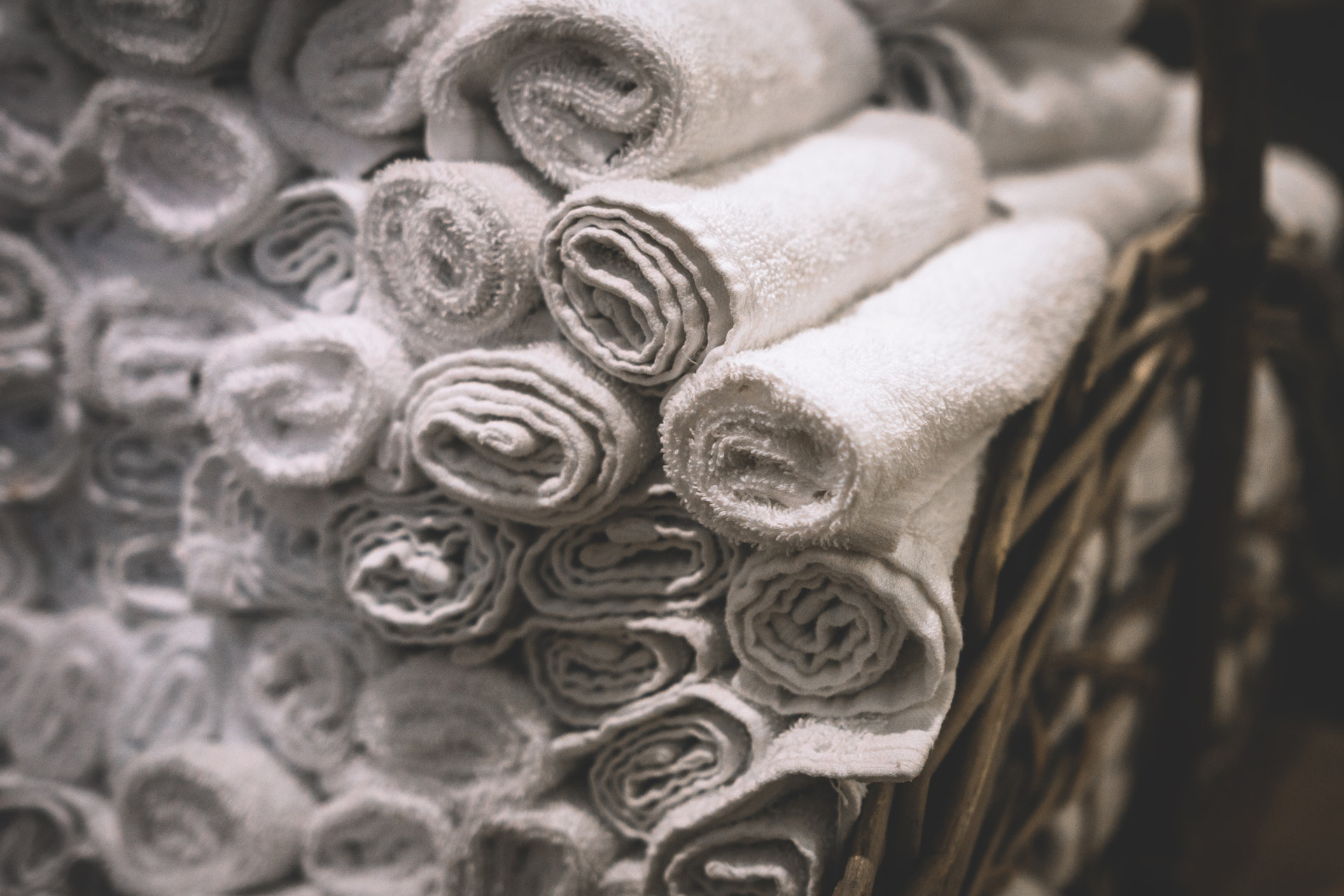
Sometimes we can get a little too enthusiastic when it comes to our skin care rituals. Rubbing too vigorously can tear the connective tissue that supports the skin, eventually causing sagging. Using water that’s too hot can actually cause the sebum on our skin to liquefy and rinse away, leaving it dry and brittle. Gentle exfoliation is a great way to get rid of excess dead skin cells and bring back your skin’s radiant glow, but over exfoliation can cause irritation and inflammation.
Our next tip has some great tips for gentle ways to care for your skin.
16. Take It Easy
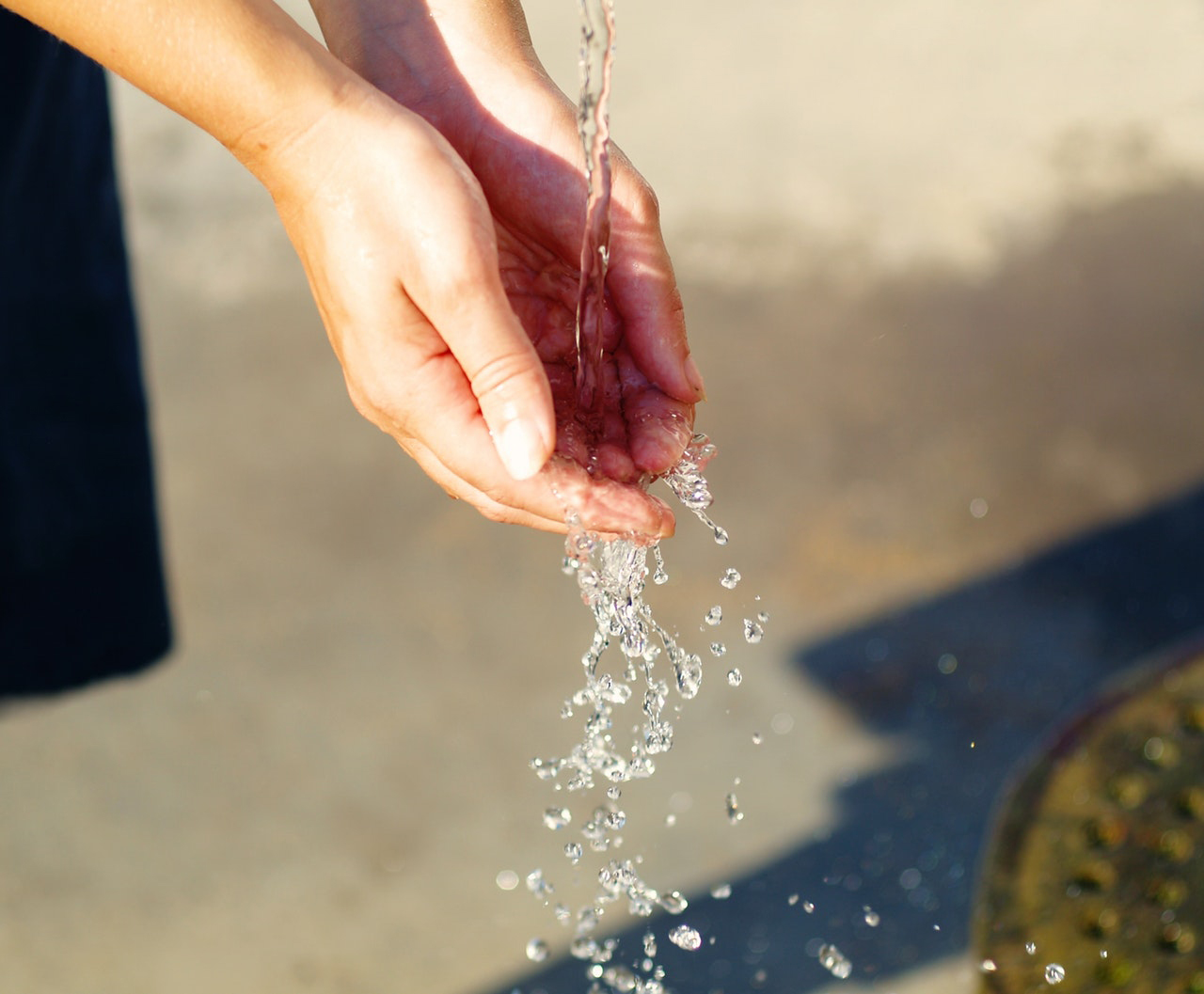
Most dermatologists recommend using lukewarm water when washing your face, as hot water can cause redness and irritation in people with sensitive skin, and cold water can lead to shock. Splashing the water onto your face is better than rubbing it with a cloth. Exfoliation should be done only once every week or two, depending upon how sensitive your skin is.
17. Coffee and Alcohol

Sorry everyone, but two of your favorite beverages, coffee and alcohol, make the list of things that aren’t great for your skin. Both act as mild diuretics, dehydrating your skin and leaving your skin, hair and nails lacking essential moisture. The caffeine in coffee can also result in a lack of sleep, which wreaks havoc on your skin.
Keep reading for advice on the best thing you can drink for healthy skin.
18. Drink Your Water

Drinking at least eight glasses of water a day will do wonders to keep your skin firm, toned and glowing from head to toe. When the body gets enough water, your skin will feel moisturized and it will look fresh, soft, glowing and smooth. Water keeps the body well hydrated and improves capillary blood flow, which promotes healthy and younger-looking skin. It also helps replenish skin tissues, moisturizes skin and increases the elasticity in your skin.
19. Sun Damage

The American Academy of Dermatology says that the sun plays a major role in the premature aging of the skin. One of the most important things you can do to keep your skin beautiful is protecting it from the sun. A lifetime of sun exposure can cause wrinkles, age spots, and even skin cancer.
Check out the last tip for suggestions on how to prevent sun damage.
20. Protect Yourself

You can protect your skin by seeking shade, wearing a hat, wearing clothes that cover up all your body and applying sunscreen that is broad-spectrum, SPF 30 (or higher) and water-resistant on all exposed skin. Don’t forget to apply sunscreen while you’re in the car as well. In the United States, left-sided skin cancers and wrinkling are more common because that’s where the sun hits you as you’re driving.


